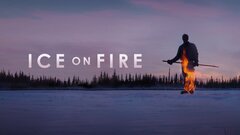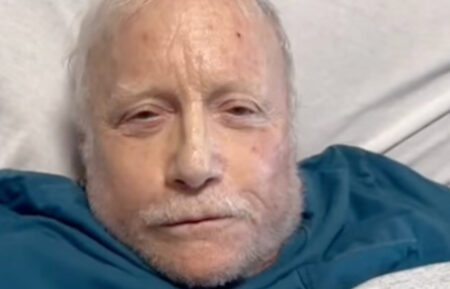Leonardo DiCaprio’s ‘Ice On Fire’ Offers Solutions to Climate Change
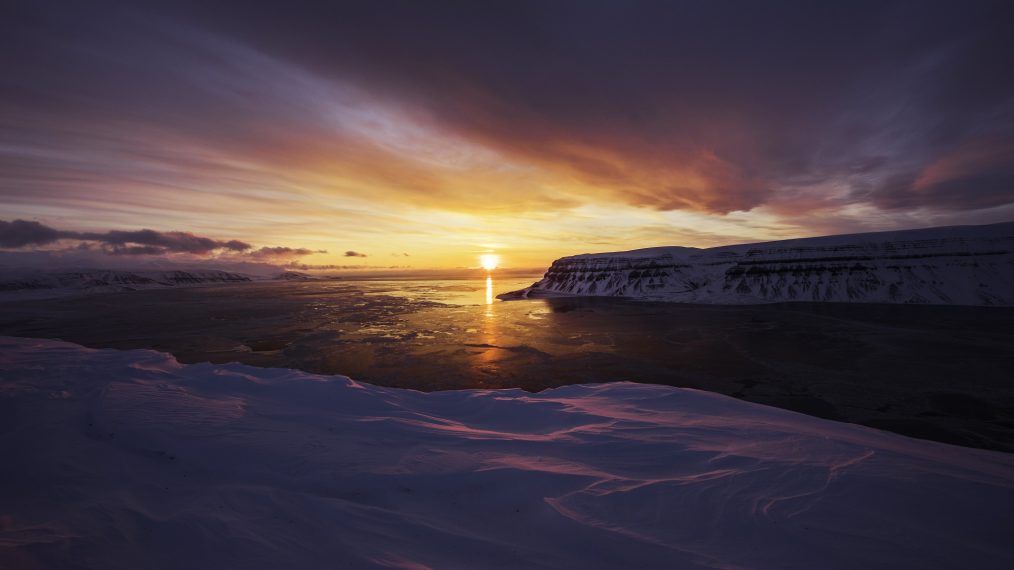
Ice On Fire, an eye-opening documentary that focuses on many never-before-seen solutions designed to slow down our escalating environmental crisis, debuts Tuesday, June 11 on HBO, going beyond the current climate change narrative and offers hope that we can actually stave off the worst effects of global warming.
Produced by Oscar-winner Leonardo DiCaprio, George DiCaprio, and Mathew Schmid, and directed by Leila Conners, the film recently had its world premiere at the 2019 Cannes Film Festival as an Official Selection.
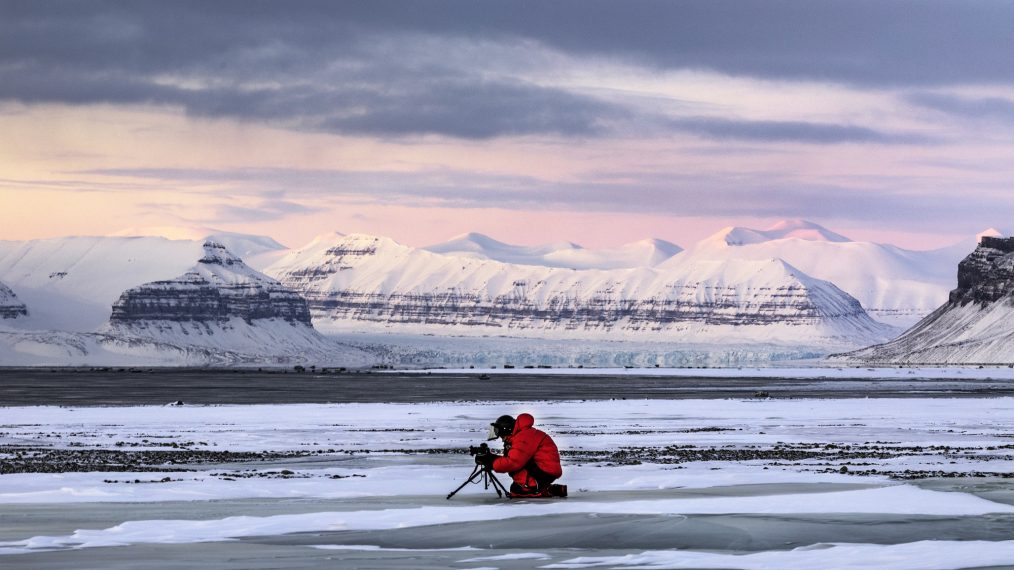
Courtesy of HBO
Ice On Fire focuses on the cutting-edge research behind today’s climate science – and the innovations aimed at reducing carbon in the atmosphere, which could pave the way for a reduction in the global temperature rise and a benefit to the planet’s life systems.
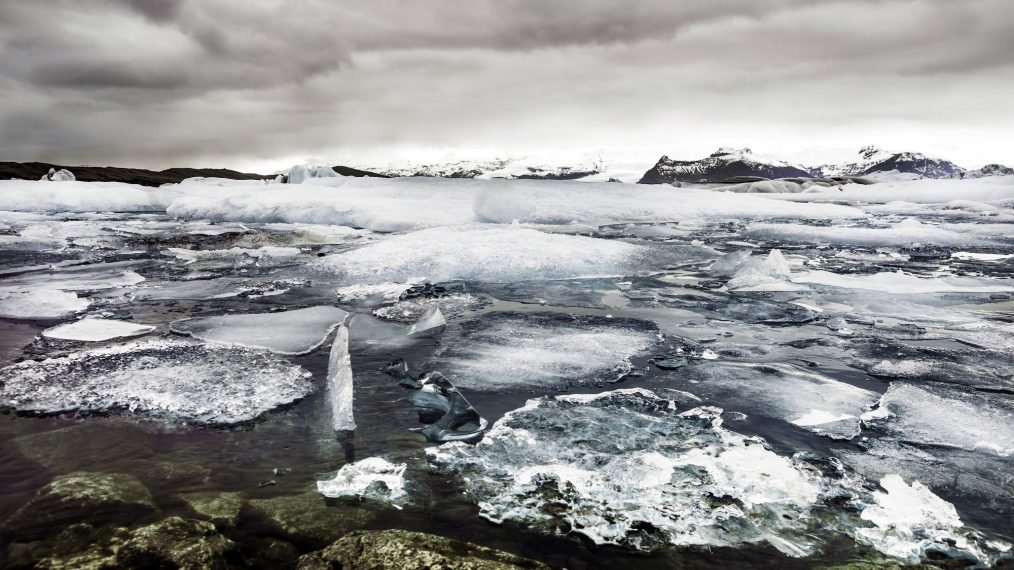
Courtesy of HBO
“My partners and I made Ice On Fire to give a voice to the scientists and researchers who work tirelessly every day on the front lines of climate change,” says producer and narrator Leonardo DiCaprio. “We wanted to make a film that depicts the beauty of our planet while highlighting much-needed solutions across renewable energy and carbon sequestration.
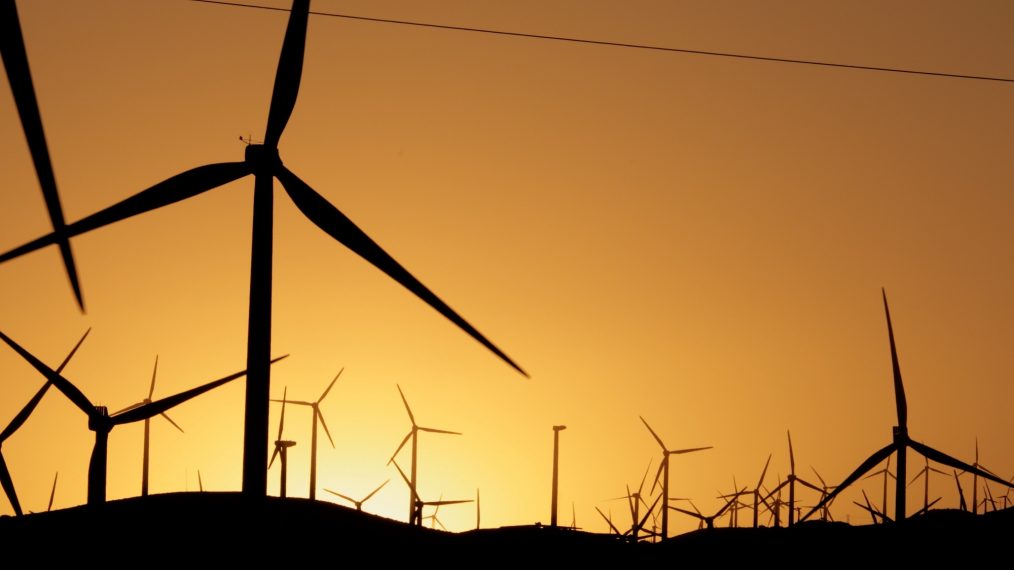
Courtesy of hBO
“This film does more than show what is at stake if we continue on a course of inaction and complacency – it shows how, with the help of dedicated scientists, we can all fight back. I hope audiences will be inspired to take action to protect our beautiful planet.”
With sweeping cinematography of a world worth saving, Ice On Fire was filmed across the globe, from Norway to Alaska, Iceland to Colorado, Switzerland to Costa Rica to Connecticut. The film highlights firsthand accounts of people at the forefront of the climate crisis, with insights from scientists, farmers, innovators and others.
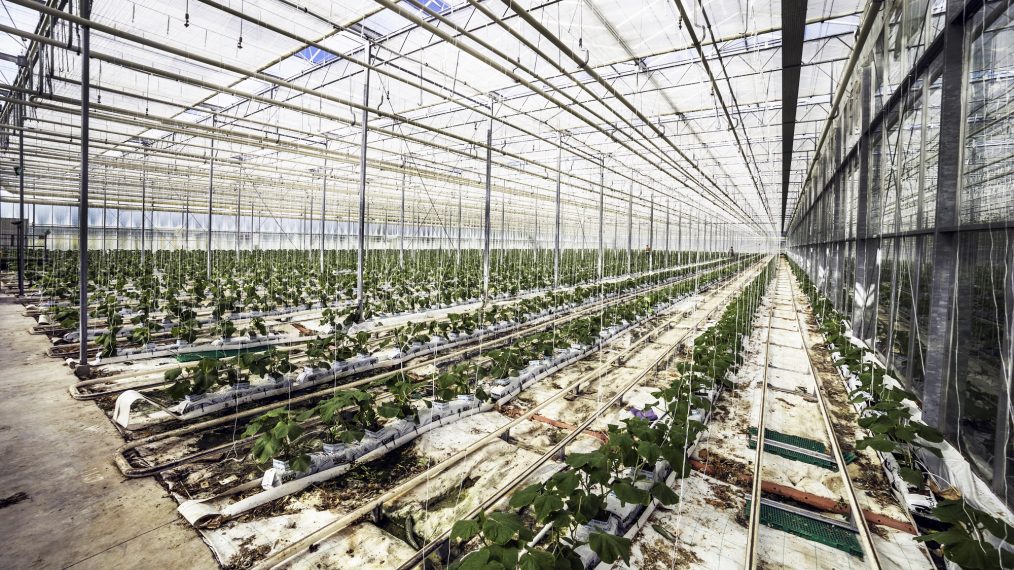
Courtesy of HBO
The documentary emphasizes the importance of an immediate, two-pronged approach to reversing the crisis: reducing carbon emissions through traditional renewable energy sources and new ones, like tidal energy, and implementing “drawdown” measures, focusing on methods for drawing down and sequestering carbon, including direct air capture, sea farms, urban farms, biochar, marine snow, bionic leaves and others.
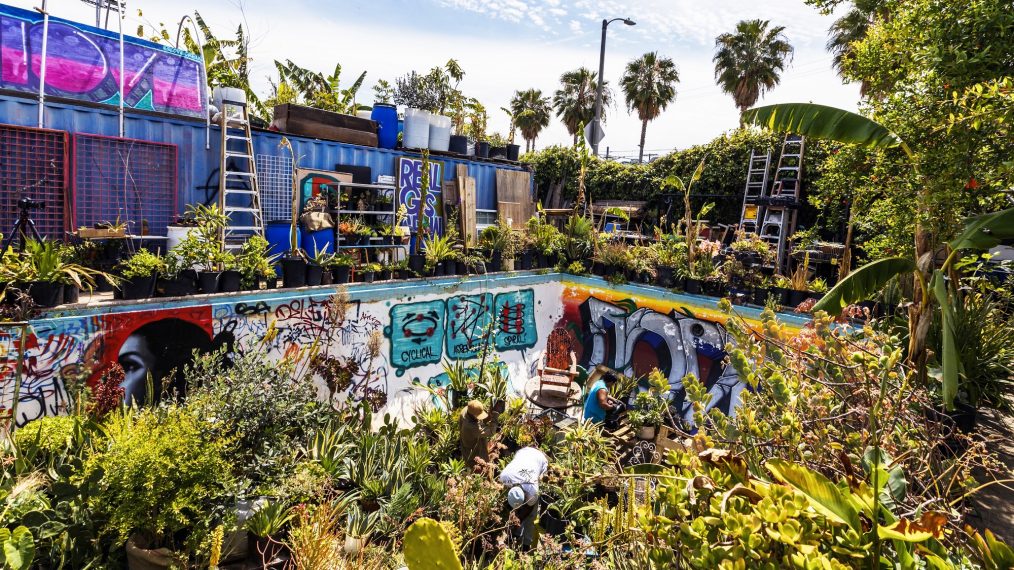
Courtesy of HBO
The film visits places such as: the Usal Redwood Forrest Foundation in northern California, highlighting a carbon-storage project that focuses on reforestation and creates “biochar” to put CO2 back into the soil; Ron Finley’s urban farm in Los Angeles, where members of the community grow food that takes carbon out of the air and is nutritious; Climeworks’ nimble direct air capture machine in Zurich; and Thimble Island Ocean Farm off the coast of Connecticut, where owner Bren Smith grows shellfish and seaweed that soak up more carbon than land-based plants and can be used for food, animal feed and fertilizer.
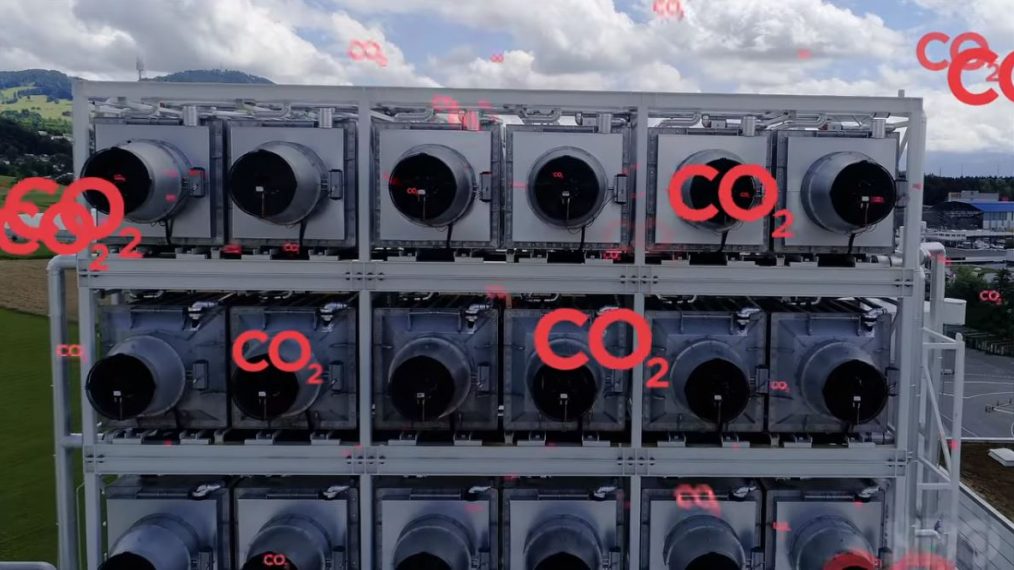
Courtesy of HBO
Ice On Fire finds that while the risks and urgency may be higher than ever today, there are also greater opportunities for innovative solutions, offering a realistic but hopeful perspective on a key global issue that demands our attention.
Ice On Fire, Documentary Premiere, Tuesday, June 11, 8/7c, HBO

